Seasonal routine(Ritucharya) according to Ayurveda
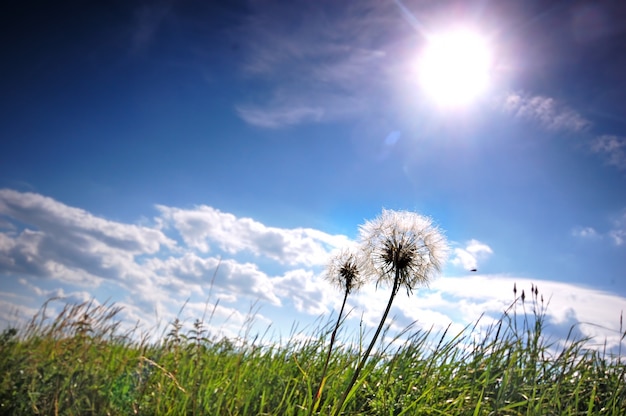
Ayurveda prescribed some Dietary and lifestyle practice for every season because every season affects our body's doshas(three pillars of human body Vata, pitta, Kapha) some way.
By following the mentioned seasonal routine, we can avoid unnecessary health issues and lifestyles disorder. According to Ayurveda a year is divided into two periods Ayana (solstice) (depending on the direction of movement of the sun).
Each solstice is formed of three Ritus (seasons)
- Uttarayana (northern solstice) or Adan kal
- Late winter (Shishir)
- Spring (Vasant)
- Summer (Grishma)
- Dakshinayana (southern solstice) or Visarg Kal
- Early winter (Hemant)
- Monsoon (Varsha)
- Autumn (Sharad)
The relation between summer season and dosha
In Ayurveda summer is considered a pitta season. In summertime Intense sunlight increased pitta dosha and Vata dosha started to enhance day by day and Kapha is pacified day by day as heating and drying effect of summer.Ayurved Diet in the summer season
- Summer is considered as pitta season so we should follow the pitta pacifying diet. we need to favor taste sweet, bitter, and astringent(those are pitta pacifying taste).
- Avoid - Salt, Pungent, Sour taste.
- In summer Strength of the body becomes less because intense sunlight and wind absorb the strength of our body that's why our digestion is not so strong so we need to consider food which easily digestible.
- We should include ghee in our diet as it improves our digestion and it also has a cooling effect on the body
Ideal Food list (needs to favor or not)
- Cereals -Wheat, barley (sweet and easy to digest), rice (cold in potency)
- Avoid- corn, brown rice, millet, All Purpose flour, buckwheat, rye
- Legume (lentils, peas, beans) - moong daal(yellow or green lentils), split pea, moth beans, black bean, chickpea
- Avoid- black gram, arahar daal and red lentils
- Vegetables- green leafy vegetables, cucumber, bitter melon(karela), cabbage, cauliflower, squash, green beans, pumpkin, spinach
- Avoid (hot potency or sour in taste)- tomato, onion, hot pepper, chilies, garlic, bell pepper
- Fruits – (choose fruits ripe and sweet in taste) watermelon, cantaloupe, grapes, pomegranate, apple pear, soaked prune, soaked raisins, date, ripe mango, coconut, sweet berries, fig
- Avoid fruit -which sour and unripe, like sour cherries, sour grapes
- Dairy- milk, ghee, buttermilk, curd
- Avoid- sour cream, hard cheese
- Spices- mint, coriander, fennel, cardamom, cilantro, cumin, turmeric, coconut
- Avoid- black pepper, chili, cayenne pepper
Pitt pacify herbs
- Amala
- Manjishta
- neem
- Brahmi
- Guduchi
Some dietary preparation in Ayurveda for summer
- Sattu- Sattu is roasted flour of grains (barley) or pulses (chickpeas). Sattu is full of protein and fiber and good for digestion. it can be used in several ways like parathas, laddu, and drinks.
- Take Tikta ghrita with warm water suggested in the morning (ghee infused with powerful bitter herbs).
- spices powder should be made in summer by mixing some spices roasted cumin, fennel, cardamom, we can use this powder in any of hydrating drink in summer
- Shrikhand -shrikhand is hung curd mixed with multiple spices like rock sugar( mishri) or cardamom powder. in summer shrikhand help us to rejuvenate.
- Gulkand (rose petal jam) Gulkand prepared from fresh rose petal and sugar mixed with some other ayurvedic medicine. It is ideal to beat the summer heat
Ayurveda recommends some Hydrating and refreshing drink for special summer
- Panak Panchsara
- Drink prepared with raisins (Draksha), Madhuka, Dates (karjura), kasmarya, and Parushaka fruits all in equal quantities, cooled and added with powder of cinnamon leaves, cinnamon, and cardamom, etc.) and kept inside a fresh mud pot, along with leaves of plantain and coconut trees, and made sour (fermented) should be drunk in mugs of mud or shell.
- Rasala (curds mixed with spices powder and sugar like lassi ) are recommended in Ayurveda.
Lifestyle in summer
- Sleeping day time is good in summer as nights are short
- Cool evening walks under the moonlight are especially recommended for pacifying Pitta
- Apply Chandan paste and take bath with cold water
- Oil massage with coconut oil or sunflower oil
Avoid
- Avoid using alcohol in summer if needed dilute wine can be taken
- Excess exercise
- Coffee, tea and cold drinks should be avoided
- Exposure to the sun should be avoided in mid-day
General daily routine +summer seasonal routine according to Ayurveda
Wake UP
1. Wake up around 5 to 6 am- In summertime mornings are cool so take advantage of it
2. Empty your bladder and bowel
1. Wake up around 5 to 6 am- In summertime mornings are cool so take advantage of it
2. Empty your bladder and bowel
3. Clean face eyes and mouth
4. Drink a glass of water
5. Scraping tongue
6. Brushing teeth
7. Oil pulling -use coconut oil
8. Self Oil massage -use coconut oil in summer
9. Yoga -In summer focus only gentle yoga asana. In summer excessive exercise will increase heat in your body
10. Bath- take shower with cool water
11. Meditation and pranayama-Slow deep breathing exercises help calm pitta.
Breakfast(have your breakfast around 8am to 9am)
- In summer have your breakfast with some refreshing and cooling drinks like a shake (dates almond shake) and smoothies or fresh fruit juice
- In summer, rice pudding with raisins and coconut, black bean salad with green smoothies can be good breakfast choices
- If breakfast is salty like chilla, dosa use coconut coriander chutney as a dipping
- Pitta pacifying tea( you can make tea with whole fennel seed and Mishri(rock sugar)
- Purified water with a pinch of salt, fresh cucumber slices, and mint leaves
Lunch(12am to 1pm)
Chapati, daal, and vegetables (any of your choice) and rice and salad. In summer have your lunch with salad (dressing with coconut ) and mint raitaEvening snacks
Try to take evening snack with any hydrating drinks like coconut water /mango lassi /fresh fruit juice (mango or lemon or sugarcane, Add some cardamom powder) / lassi made with yogurt add a pinch of cumin powder
Dinner
Dinner should be light like khichadi( made by moong daal and rice) or Dalia with grated coconut and ghee. salad should be taken the only lunchtime as digestive fire is low.
Bedtime
Before bedtime drink glass of milk (should be room temperature)
In summer you can add some drops of rose water in milk
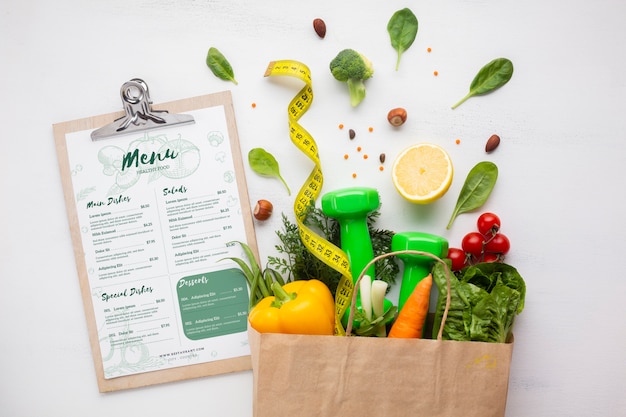
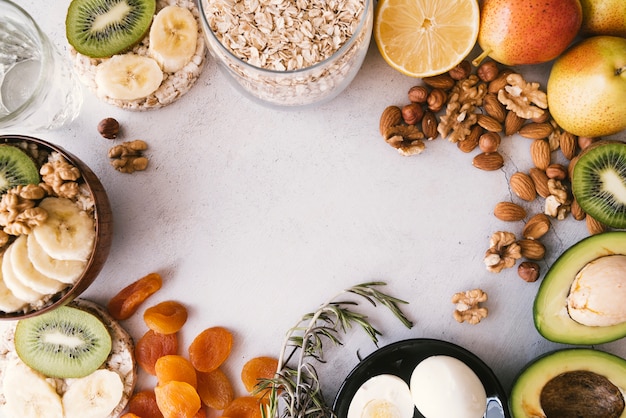
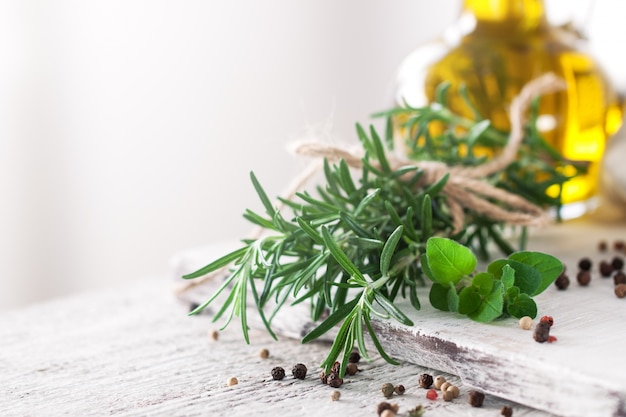

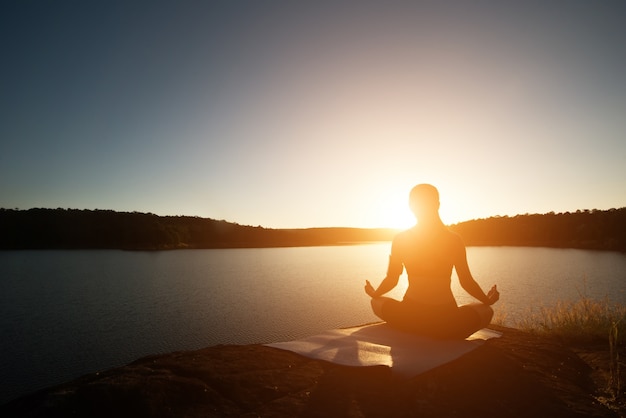
Interesting reading with loads of home remedies
ReplyDeleteThanks for sharing such useful info..really appreciate your selfless efforts 🤗
ReplyDeleteCould you share some more juice recipe that would be helpful in summer for kids ??
ReplyDeletevery helpful post
ReplyDeleteThanks for sharing it
Click here to buy ayurvedic medicine online
Very good info, This information will always help everyone for gaining important knowledge. So please always share your valuable and essential information. I am very thankful to you for providing good information. Thanks once again for sharing it. pls visit our website breathing exercises equipment
ReplyDeleteIt is what I was searching for is really informative.function rooms melbourne, It is a significant and useful article for us. Thankful to you for sharing an article like this.
ReplyDeleteCasino in Pennsylvania - BSEE On
ReplyDeleteCasino in Pennsylvania 안전바카라사이트 has the highest number of slot machines in the state. It has three progressive casino jackpots, including 트 위치 룰렛 3, 3, and 포커 디펜스 5. This 슬롯 머신 is the largest